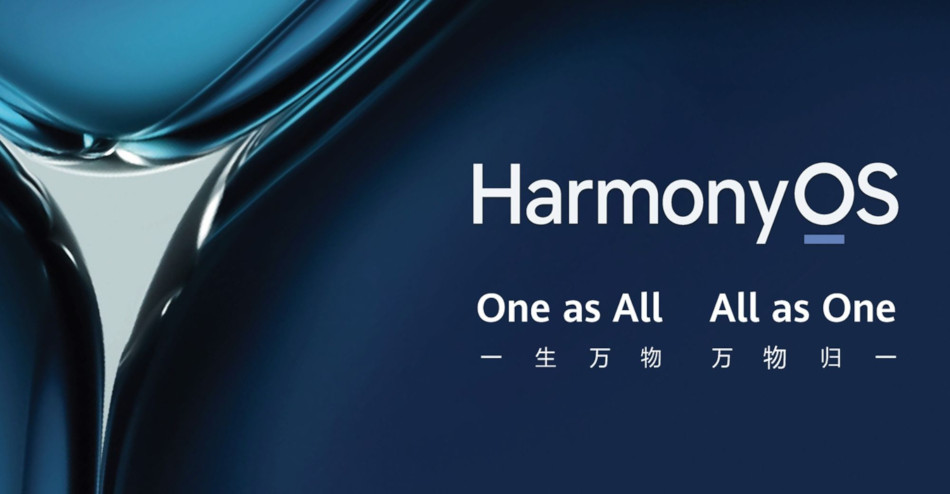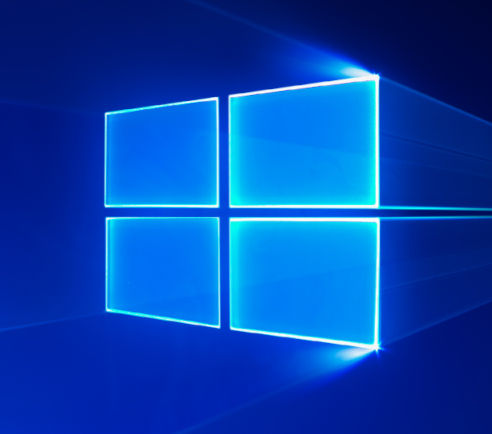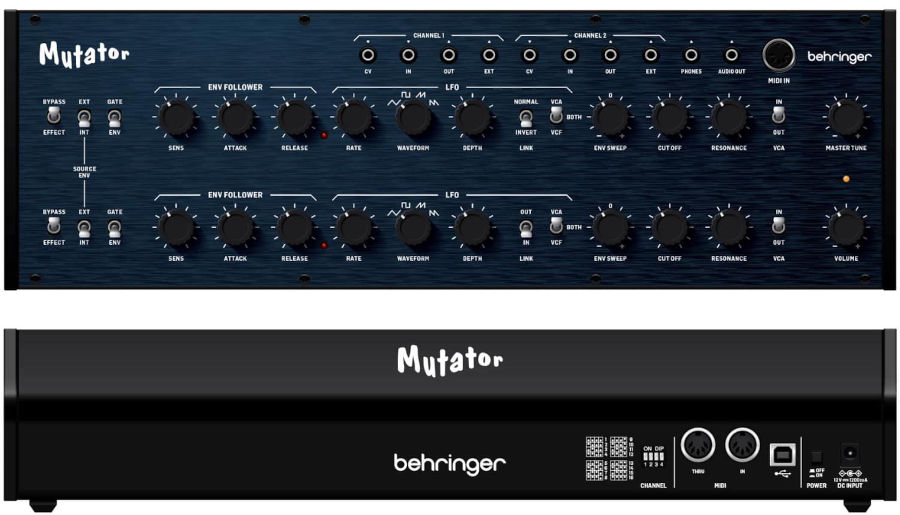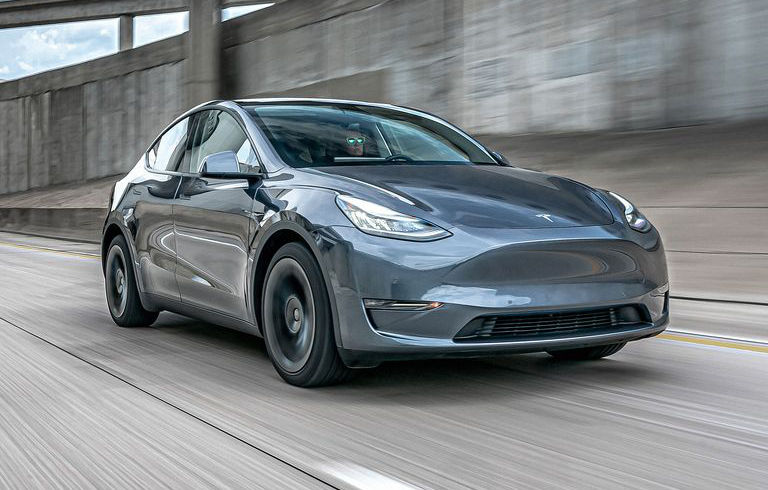
HarmonyOS NEXT: Huawei's Giant Leap Towards Software Independence Set To Beat iOS in China in 2024
Breaking Free from Android Roots, Huawei's HarmonyOS NEXT Sparks a Developer Revolution and Aims for China's No. 2 Mobile OS Spot
NEWS Smartphones January 4, 2024 Reading time: 3 Minute(s)
On January 18th, Huawei is poised to make a groundbreaking announcement as it unveils HarmonyOS NEXT, a major stride in its software ambitions. This new iteration signifies a departure from its Android roots, representing a complete shift towards a self-sufficient ecosystem. HarmonyOS NEXT is not merely an upgrade but a revolutionary leap, breaking away from the Android Open Source Project (AOSP) and embracing Huawei's proprietary Harmony kernel entirely.

HarmonyOS NEXT Key Points
- Independence Achieved: Huawei's latest OS, HarmonyOS NEXT, ditches its Android roots and relies entirely on its own Harmony kernel.
- No Legacy Baggage: Existing Android apps (APKs) won't run on HarmonyOS NEXT, demanding native app development.
- Developer Boom: 400+ Chinese companies are already building apps for this new platform, creating job opportunities.
- Market Ambitions: Predictions suggest HarmonyOS NEXT could become China's #2 mobile OS by 2024, potentially surpassing iOS.
- Challenges Ahead: Attracting global app developers and building a robust app ecosystem remain crucial hurdles.
Developer Boom in China
Unlike its predecessor, HarmonyOS 4, HarmonyOS NEXT won't support existing Android apps (APKs) directly, demanding a native app development approach. This strategic move has created a unique opportunity for developers in China. With native apps becoming the exclusive language of HarmonyOS NEXT, there is a predicted surge in demand for programmers proficient in its architecture. Over 400 software companies across various sectors, including navigation, travel, finance, and games, have already embraced this shift, actively developing dedicated HarmonyOS NEXT applications.
Market Ambitions and Challenges
Analysts foresees HarmonyOS climbing the ranks to become the second most popular mobile operating system in China by 2024, potentially even surpassing iOS in market share. This ascent would pose a significant challenge to Android's dominance within the country. However, while the potential is undeniable, challenges loom on the horizon. Building an app ecosystem from scratch is no small feat, and the key to long-term success lies in attracting large-scale app adoption, particularly from global players.

A Turning Point for Huawei
This moment marks a significant step towards Huawei's software independence, paving the way for a potentially competitive alternative in the mobile landscape. The looming release of HarmonyOS Next, coupled with analysts' prediction of surpassing iOS in China, suggests a turning point in Huawei's journey. The company's focus on building a self-reliant mobile ecosystem aligns with a global trend of tech giants seeking independence from established platforms.
HarmonyOS Adoption Driven by 5G
The increased adoption of HarmonyOS to Huawei's return to the 5G smartphone segment is a significant element, particularly with the Mate 60 Pro series. Despite US sanctions, Huawei's deployment of an advanced, home-grown 5G chip has garnered attention and loyalty among Chinese consumers, fostering a wave of patriotic fervor.
Collaborations and Early Adoption
HarmonyOS is not only gaining traction among Chinese developers but has also attracted major companies. Ant Group, JD.com, NetEase, Meituan, and even multinational giant McDonald's China have started developing native apps for HarmonyOS. These collaborations signal a potential shift beyond smartphones, influencing laptops and cars in China.
In conclusion, HarmonyOS NEXT represents a pivotal moment in Huawei's pursuit of software independence. As the Chinese tech giant continues to face challenges and competitors, the prospect of HarmonyOS becoming the second-largest mobile operating system in China is a testament to Huawei's resilience and innovation in the face of adversity. The success of HarmonyOS NEXT will not only impact Huawei but may reshape the dynamics of the global mobile landscape.
HarmonyOS NEXT Huawei Mobile Operating System Software Independence App Ecosystem China Tech App Development Android Alternative Technology News HarmonyOS RSMax
*Our pages may contain affiliate links. If you buy something via one of our affiliate links, Review Space may earn a commission. Thanks for your support!
CATEGORIES

























COMMENTS